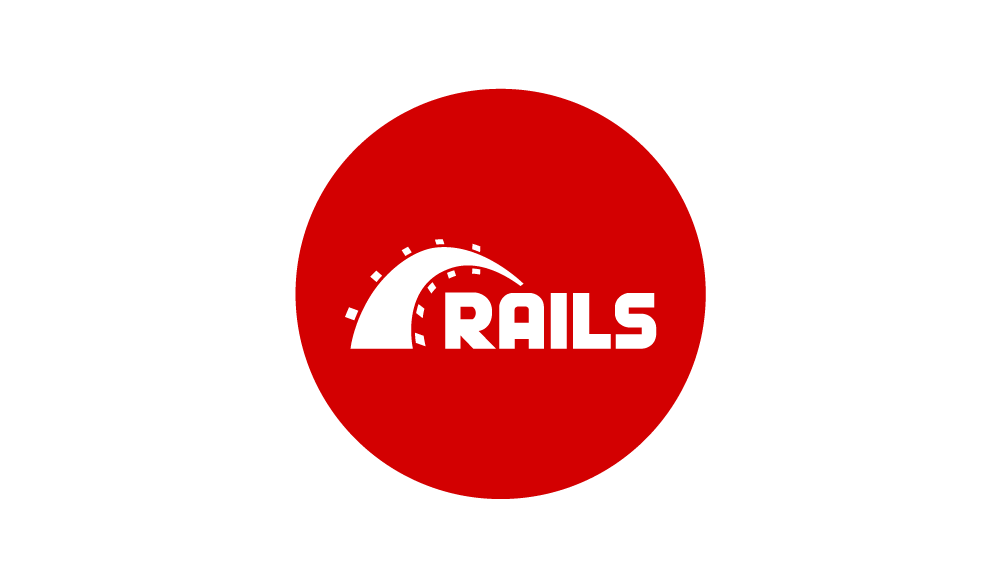Ruby on Rails - your solution for efficient web development
In a digital world that is constantly evolving, it's critical to stay on the cutting edge of technology. That's exactly what the Ruby on Rails programming language and framework offers you. In this article, we'll give you a comprehensive overview of Ruby on Rails and show you how this innovative technology can help you develop powerful and user-friendly web applications.
What is Ruby on Rails?
- Ruby: The Ruby programming language is an object-oriented, dynamic programming language developed by Yukihiro Matsumoto in Japan in the mid-1990s. Ruby places great emphasis on simplicity and productivity, allowing developers to write code that is clearly readable and easy to understand. It is a flexible language that is suitable for both beginners and experienced programmers.
- Rails: The Rails web development framework, also known as Ruby on Rails or RoR, is an open source web development framework based on the Ruby programming language. It was developed in 2004 by David Heinemeier Hansson and has since revolutionized web development. Rails uses the Model-View-Controller (MVC) architectural pattern and allows developers to write structured and organized code. Rails is known for its conventions that help developers save time and avoid reinventing the wheel.
Why choose Ruby on Rails?
Why choose Ruby on Rails?
Rapid development: Ruby on Rails enables developers to build web applications quickly and efficiently. By using conventions and built-in tools, developers can speed up the development process and focus on what matters most.
Lightweight and Modular: Rails is a lightweight framework based on modular components. This means that developers can add only the features they need, resulting in a tidy codebase.
An active and dedicated community: Ruby on Rails has a large and dedicated community of developers who are constantly developing new features, plugins and extensions. This community also provides extensive resources and support, which is especially helpful for beginners.
Scalability: Rails is capable of building web applications that can grow with your business. It allows for easy integration of databases and other backend technologies, making it ideal for businesses of any size.
Possible applications of Ruby on Rails
Possible applications of Ruby on Rails
Web applications and websites Ruby on Rails is ideal for developing web applications and websites. It allows you to create interactive and user-friendly interfaces that work on different devices and platforms.
E-commerce platforms: Thanks to its flexibility and scalability, Ruby on Rails is ideal for developing e-commerce platforms. It offers a variety of tools and plugins to speed up the development process and ensure your platform meets the demands of online commerce.
Social Media Platforms: Rails is also an excellent choice for developing social media platforms as it facilitates integration of user interactions, messaging and data management. The framework supports the creation of APIs that allow you to connect and extend your application with other platforms.
Content management systems: Ruby on Rails can be used to create custom content management systems (CMS) that allow you to easily manage and organize content. There are also a number of pre-built CMS solutions based on Rails that can be easily customized to meet your needs.
Learn Ruby on Rails
Learn Ruby on Rails
Online resources: There are many online resources that can help you learn Ruby on Rails. These include tutorials, video courses, blog posts, and books. The official Ruby on Rails website also provides extensive documentation and guides for beginners.
Workshops and courses: there are numerous workshops and courses offered by experienced Rails developers, both online and on-site. These courses are a great way to get hands-on experience and learn directly from experts.
Community Events and Meetups: The Ruby on Rails community hosts regular events and meetups where you can interact with other developers and learn from each other. These events are a great opportunity to expand your network and gain valuable insights into the latest trends and technologies.

